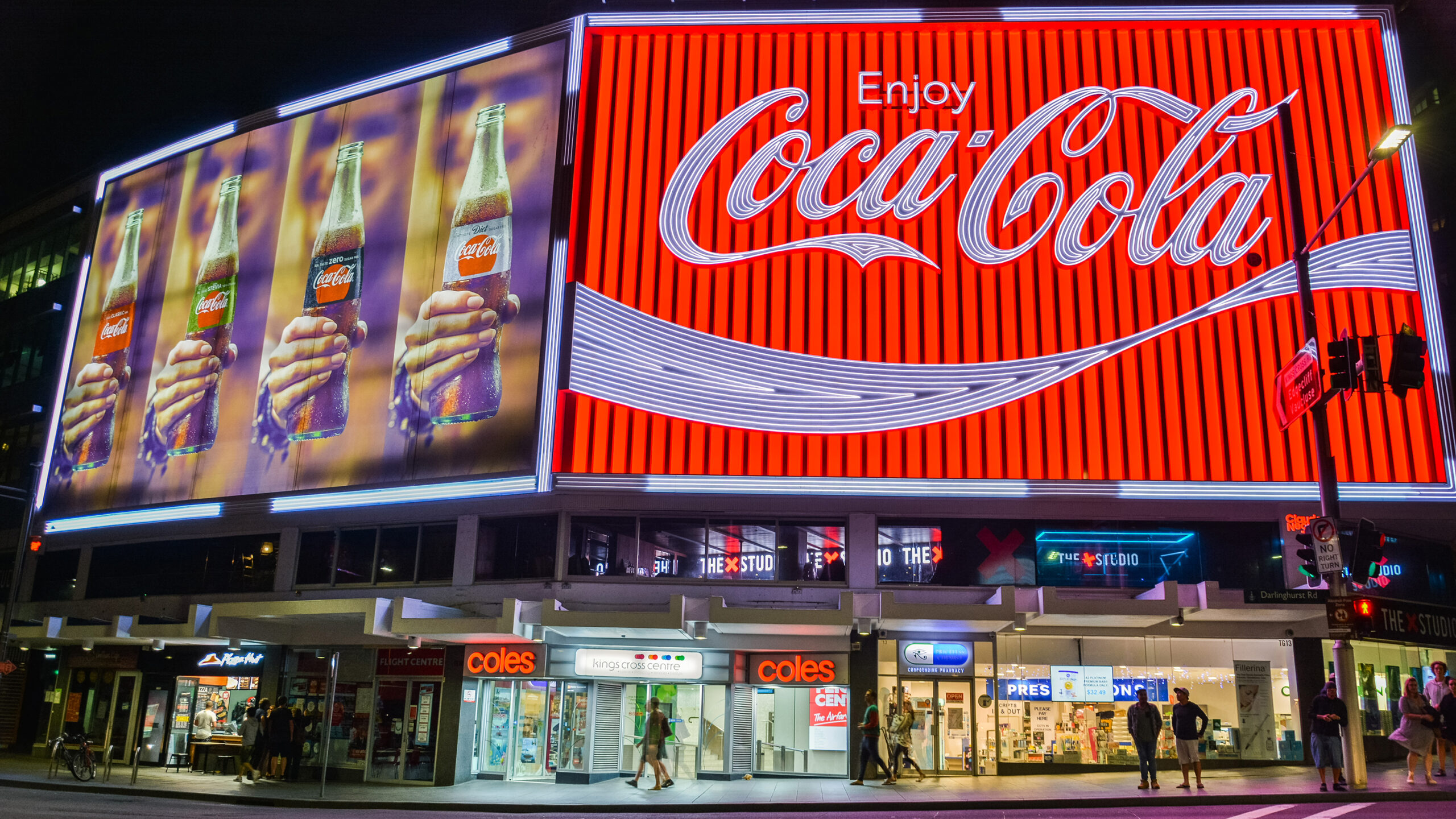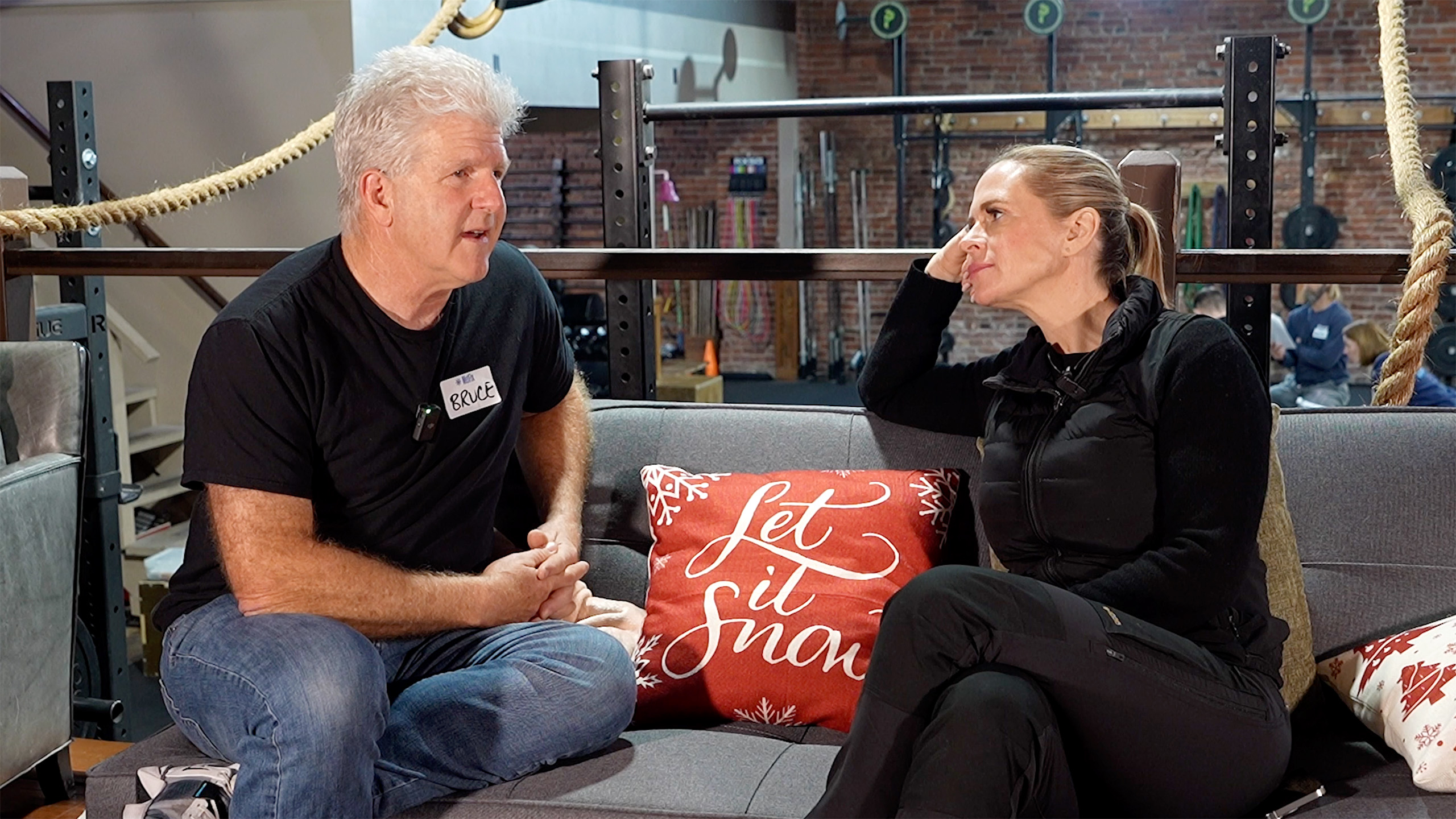By Russell Berger
In the 1964 suspense film 36 hours, U.S. Army Major Jefferson Pike (played by James Garner), is kidnapped by Nazis on the eve of the Allied invasion of Normandy. Pike wakes up in what appears to be a U.S. Army hospital, surrounded by soldiers and nurses that all appear to be red-blooded Americans. He’s told that the year is 1950, and the war is long over. In reality, Pike is in the middle of a complex Nazi ploy to extract details from him of the pending invasion. It’s a clever plot based on a short story by Roald Dahl (who ironically turned out to have spied on the U.S. for Britain). In an incredible scene, Pike shatters the illusion by tricking one of his guards into standing at attention. The guard instinctively clicks his heels together, a German military custom that reveals his true identity as a Nazi.
36 hours reminds us that it is difficult to be something you’re not. Hidden allegiances have a way of leaking out in unanticipated ways, especially if your true motives and feigned motives are working at cross purposes. In my time working for CrossFit, I helped to uncover hidden allegiances within the health and sports sciences. While I’m no longer personally involved in these battles, CrossFit continues to promote a no-sugar diet.This puts trainers in direct opposition to those who would profit from the sale of sugar-laden foods and beverages. Big Soda’s strategy to combat this influence, both then and now, has been to wage a clandestine war to control public health policy.
For decades Coca-Cola and Pepsico have sponsored groups like the American College of Sports Medicine, the National Strength and Conditioning Association, and the Korey Stringer Institute. Coca-Cola has also contributed to the Centers for Disease Control Foundation. Unsurprisingly, these groups have all produced medical research that purports to show sugar is benign, a fact many independent researchers disagree with, but one that aligns with the commercial interests of Big Soda.
Most of these 501c3 organizations have obscured or downplayed their relationships with Big Soda. Others, like the American Heart Association and Juvenile Diabetes Research Foundation admit to taking soda money but deny it affects their research.This was the case with the now-defunct Global Energy Balance Network. This charade lasted until internal emails revealed that GEBN scientists were taking direct orders from Coca-Cola executives and promising to improve the soda brand’s image. The fallout was significant, with GEBN disbanding and Coca-Cola publicly pledging to disclose future funding of health groups.
But not every organization is sloppy with emails. How can we spot this kind of corruption without access to private communications? Over the years I have learned that analyzing an organization’s public communication can be just as effective. If you learn to spot them, there are certain marks of public messaging that strongly suggest this kind of infiltration. Like the Nazi soldier clicking his heels together, these marks may indicate hidden allegiances to something, or someone, other than health. Three of these marks stand out as particularly useful:
- Merging fitness and healthcare
- Scope of practice
- Silence on the toxicity of sugar
Understanding what these marks mean and learning to identify them may help you assess the credibility of organizations in the health and fitness industry.
Merging Fitness and Healthcare
At first glance, merging fitness training with healthcare might seem like a good idea. After all, fitness and health are inextricably connected. Few understand this relationship as well as coaches who are trained in Greg Glassman’s Methodology. In contrast to the other major players in the fitness industry, CrossFit has advocated a comparatively low carbohydrate diet and the removal of all refined sugar from the diet. CrossFit training combined with a carbohydrate restricted and sugar-free diet regularly produces world class fitness. It is also capable of preventing, and even reversing chronic disease. While working for CrossFit, we aimed to educate trainers on the inherent toxicity of sugar and its role in the development of chronic disease. So in a very real sense, CrossFit is healthcare.
But that’s not what soda-funded organizations mean when they use this mark of communication. Consider Exercise is Medicine, a joint venture between the ACSM and Coca-Cola to annex fitness training into the healthcare system. The goal of the EIM scheme is to legally reclassify fitness trainers (who are currently considered part of the service industry) as healthcare workers. On paper, this would allow doctors to prescribe exercise like a medicine (hence the name) and fitness trainers would be paid by third-parties like insurance companies and medicare. But the real reason for the EIM scheme is it would allow Coca-Cola and the ACSM to function as gatekeepers for the fitness industry. This is why EIM speaks of “connecting fitness and healthcare” and building a “bridge” between fitness and healthcare systems. In order to participate in the fitness economy, trainers would be required to hold EIM credentials, and would have to follow EIM’s rules on making nutrition recommendations (more on this in a bit).
… the real reason for the EIM scheme is it would allow Coca-Cola and the ACSM to function as gatekeepers for the fitness industry
Another key player in the attempt to merge fitness training and healthcare is the Coalition for the Registry of Exercise Professionals, an organization supported by soda-funded entities like the ACSM and NSCA. In a now deleted webpage, CREP states their advocacy goals for trainers include “…recognition as qualified health professionals.” Their aim is to accomplish this through legislation, which would “establish strict standards based on NCCA-accredited certification of qualified exercise professionals, up to and including registry and/or licensure, so the profession may be recognized and trusted as part of the healthcare continuum.”
Trainers who spot this language coming from organizations in the fitness industry should stop and ask themselves, how might it benefit me to submit my profession to the dictates of a system that has utterly failed to fight chronic disease? In reality, schemes to merge fitness training and healthcare are not designed to improve client health as much as they are designed to protect soda sales.
Scope of Practice
This brings us to our second mark: Scope of practice. Scope of practice is a term used to describe the activities a healthcare professional is legally allowed to perform. CREP identifies one of its “strategic goals” for fitness trainers as that of “defending professional scope of practice.” This phrase gives the impression that someone out there is actively threatening to limit the professional tools a trainer can legally use. The irony is CREP and its soda-funded allies are doing just that.
The primary reason CREP, EIM and other soda-infiltrated organizations want fitness trainers to be reclassified as healthcare workers is so that they can be restricted in scope of practice. On one level, this might seem reasonable. There are obvious occupational boundaries to being a fitness trainer. But as far as I can tell, no one has ever argued being a fitness trainer qualifies one to diagnose brain cancer or manage investment portfolios. So why are these organizations promoting limits to trainer scope of practice? Because Big Soda wants to prevent fitness trainers from giving nutritional advice to clients, especially those clients suffering from nutrition-related diseases like type-2 diabetes. In their scheme, fitness trainers would only be allowed to give generic nutrition advice based on the USDA food pyramid. Only nutritionists and dietitians credentialled through the Academy of Nutrition and Dietetics (AND) would be allowed to make recommendations beyond this. The AND has taken enormous amounts of money from soda companies, invested in junk-food stocks, and has been described as fully “captured” by the food industry. In other words, Big Soda has nothing to fear from AND’s nutrition recommendations.
Only nutritionists and dietitians credentialled through the Academy of Nutrition and Dietetics (AND) would be allowed to make recommendations beyond this. The AND has taken enormous amounts of money from soda companies, invested in junk-food stocks, and has been described as fully “captured” by the food industry.
The ACSM, a CREP member organization, takes the position that “Exercise professionals do not provide ‘individualized nutritional advice’ but only ‘general, non-medical nutrition education’ to clients.” What does this general advice look like? The ACSM explains “An exercise professional can use nutrition information and guidelines published by governmental organizations such as the United States Department of Agriculture (USDA). They may also reinforce individual recommendations provided by an RDN/CSSD.”
The American Council on Exercise, another CREP member, states in a document titled “ACE Position Statement On Nutrition Scope of Practice For Exercise Professionals and Health Coaches” that “…it is within the scope of practice for all exercise professionals to share dietary advice endorsed or developed by the federal government…” What is outside the trainer’s scope of practice according to ACE? Any nutrition advice “…other than that which is available through government guidelines and recommendations, or has been developed and endorsed by a registered dietitian or physician” as well as “specific recommendations or programming for nutrient or nutritional intake, caloric intake, or specialty diets.” ACE doesn’t define what a “specialty diet” is, but it’s not hard to imagine a soda-free diet making that list.
Coca-Cola’s EIM scheme uses the same language. While attending a two-day EIM credential workshop, I had a personal exchange with EIM director Dr. Felipe Lobelo. He told me that it would be considered outside the scope of a trainer’s practice to tell a client with chronic disease she should stop drinking soda.
Keep in mind, when a healthcare professional acts outside of his scope of practice, he puts his license and career in jeopardy. If fitness training is successfully brought under the umbrella of ‘healthcare’, a trainer giving advice that falls outside of his scope of practice (and for EIM that means telling a client to stop drinking soda) could be considered malpractice.
Silence on the toxicity of sugar
There is overwhelming evidence that refined sugar harms human health beyond adding additional calories to our diets. Health and fitness organizations that are silent on the toxic nature of sugar may be demonstrating more than mere ignorance. Organizations funded by Big Soda will talk about the importance of ‘balanced’ diets, and ‘whole foods.’ But their recommendations always critically avoid mentioning sugar’s unique toxicity or suggesting its total elimination from the diet to prevent disease. When these organizations do say something critical of sugar, it is typically in the context of the energy balance hypothesis.
Organizations funded by Big Soda will talk about the importance of ‘balanced’ diets, and ‘whole foods.’ But their recommendations always critically avoid mentioning sugar’s unique toxicity or suggesting its total elimination from the diet to prevent disease.
Energy balance is the idea that you should offset the calories you consume with calories burned. Failure to do so, the hypothesis holds, leads to an energy imbalance, which causes weight gain and disease. Big Soda companies like the energy balance hypothesis because it conveniently shifts blame for metabolic derangement away from sugar and places it on sedentary lifestyles. The problem with energy balance is that it is only partially true. While exercise is important for health, the view ignores the unique metabolic effects of sugar on the body and as a result suffers from fatal logical inconsistencies and physiological errors.
Thanks to the efforts of CrossFit, as well as journalists like Anahad O’Conner and nutritionist Marion Nestle, the last few years have seen soda companies backing away from direct promotion of energy balance. But that hasn’t stopped them from promoting it through proxy organizations like the ACSM and EIM. These groups continue to defend sugar as just another source of calories and promote caloric restriction and exercise as the primary tool for weight loss and disease prevention.
As of 2023, the soda industry was worth 42 billion dollars in the U.S. alone. That’s 42 billion reasons to want to legally silence fitness trainers who might be telling their clients to cut out the sugar. These three marks of communication offer a potential litmus test for spotting the influence of soda funding in the health and fitness space. Any group that advocates the merging of fitness and healthcare should be suspect, as this scheme originates with Big Soda. The ultimate goal of this scheme is to reclassify trainers as healthcare providers so that their scope of practice can be legally constrained to movement. Big Soda isn’t concerned with how you teach clients to squat (or even if you teach clients to squat) as long as you aren’t telling them to put down the gatorade. Finally, it is worth considering if an organization that promotes the energy balance hypothesis, or treats sugar as nothing worse than ‘empty calories’ could be compromised.
Russell Berger is a contributing writer to the Broken Science Initiative, with a focus on scientific misconduct. Previously, he served as an in-house investigative reporter, lecturer and corporate representative for CrossFit. His work has successfully uncovered scientific fraud and misconduct in the health sciences, both in the United States and internationally.
Support the Broken Science Initiative.
Subscribe today →
One Comment
Leave A Comment
You must be logged in to post a comment.
recent posts
A Conversation with Bruce Edwards on Metabolism, Community, and the Road to Health
Journal Club: February 5, 2026
When number-chasing replaces treating the root cause




This is critical information that every trainer should know.